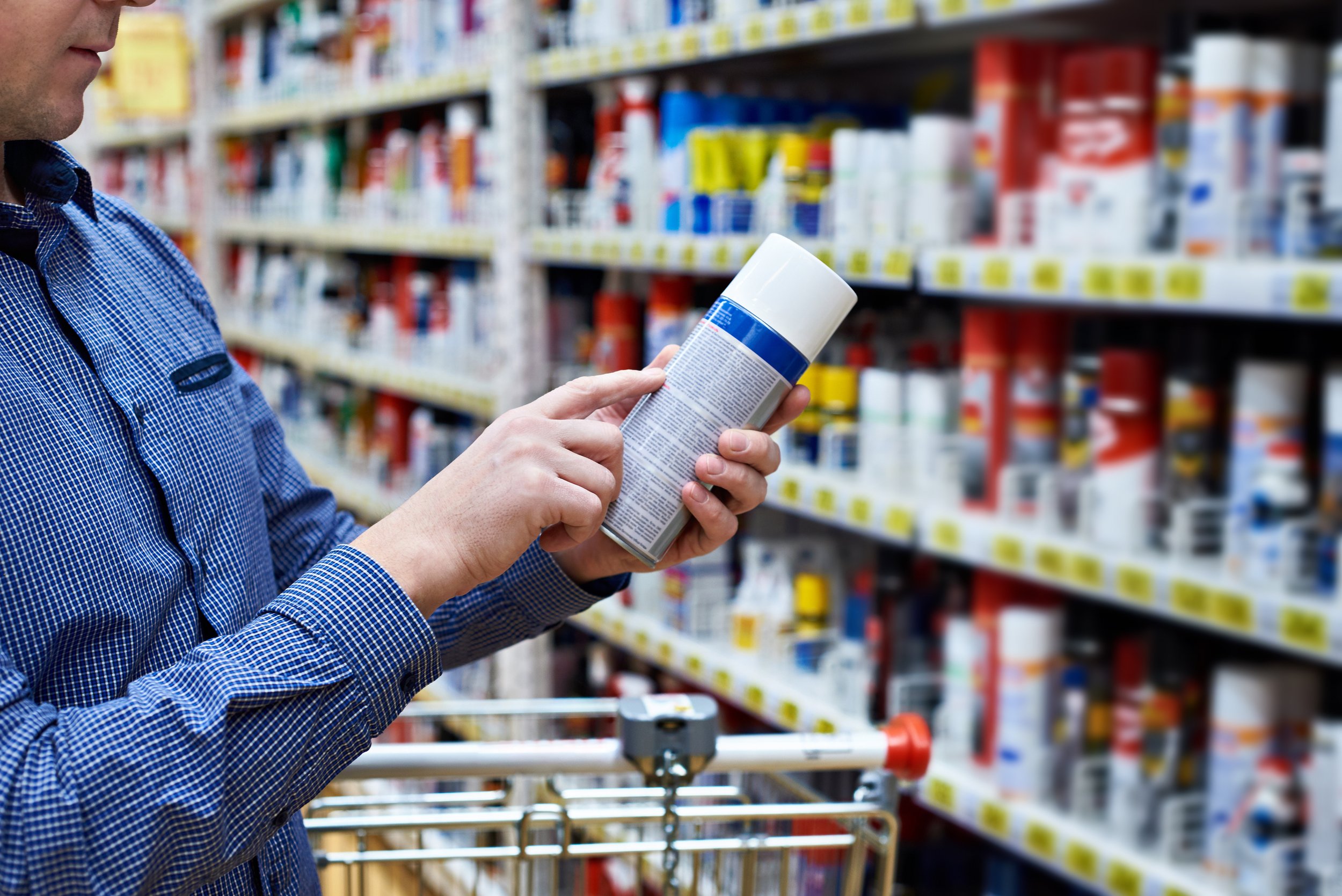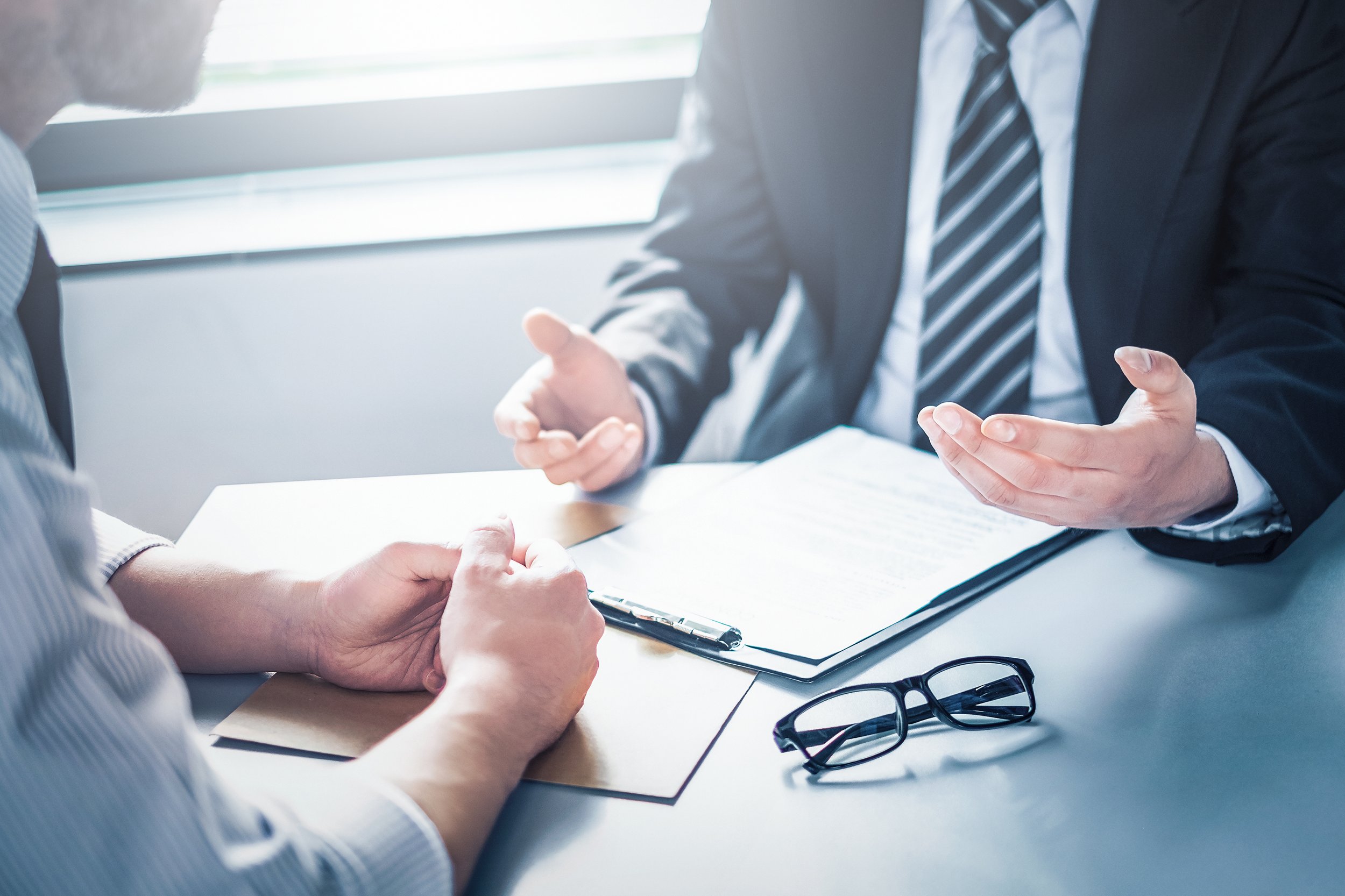How Do I Know If I Have A Personal Injury Case?
Every day, thousands of people are injured in auto accidents, slip and falls, workplace injuries, and other types of dangerous incidents. According to the National Center for Health Statistics, approximately 31 million Americans require medical treatment due to general injuries each year – and this includes 2 million people whose injuries require hospitalization. The reality is that personal injuries are more common than we'd like to imagine.
What is a Personal Injury Case?
Personal injury cases are legal disputes that emerge after an individual is harmed due to an injury for which another person or institution might be legally responsible. These can include medical malpractice, motor vehicle accidents, slip and falls and others. Most of the time, personal injury cases are settled, but some may go to trial. Some may settle without a lawsuit having to be formally filed, while others may settle after a lawsuit is filed but before a trial occurs, in a process called mediation. Many factors determine if/when a case will settle vs. trial.
If you have been injured because of someone else's negligence or wrongdoing, you generally have the right, under our legal system, to pursue compensation for your resulting damages. Whether your damages are physical, psychological, or financial, generally, you can seek recovery. In a typical personal injury case, you are entitled to damages for lost wages, medical expenses and pain and suffering. Some cases may even call for punitive damages against the defendant.
Types of Personal Injury Cases
When we think of personal injury cases, motor vehicle accidents, medical malpractice, and slip and falls usually come to mind. You might not know the following are also considered personal injury cases:
Dram Shop (Alcohol) Liability. Dram shop liability relates to the civil liability that can be imposed against a bar or any other establishment that sells alcohol. The establishment may be held liable for over-serving or otherwise improperly selling alcohol to a customer, who, as a result of the customer’s intoxication, a third party is injured or killed.
Premises Liability. Premises liability cases are not strictly limited to slip and falls. A property owner, occupier, and/or property manager can be legally liable for damages resulting from a failure to remedy or warn of any unsafe condition on the property. This can include defective structural components/equipment, animal attacks, electrical accidents, and others.
Product Liability. Dangerous and defective products can cause serious injury to an individual. Improper warnings and operation manuals can also lead to injuries. Examples of potentially harmful products include dangerous drugs, vehicle parts, consumer products, medical devices and more. Manufacturers, distributors, and sellers of these products are responsible for testing and inspecting what they make and sell, and they can be held strictly liable for any inherently dangerous or defective product which causes injury or death.
How An Attorney Can Help in Personal Injury Cases
Regardless of the nature of your injury, don't try to go it alone through insurance companies or the courts. You need a personal injury attorney like the attorneys at HHP Law Group by your side to help fight for you and get the compensation you need to recover from your injury.
HHP Law Group attorneys have represented clients in South Carolina who have sustained a wide range of injuries and will ensure you receive the highly knowledgeable representation your case deserves. Call 803-400-8277 to learn more and schedule a free consultation today.



